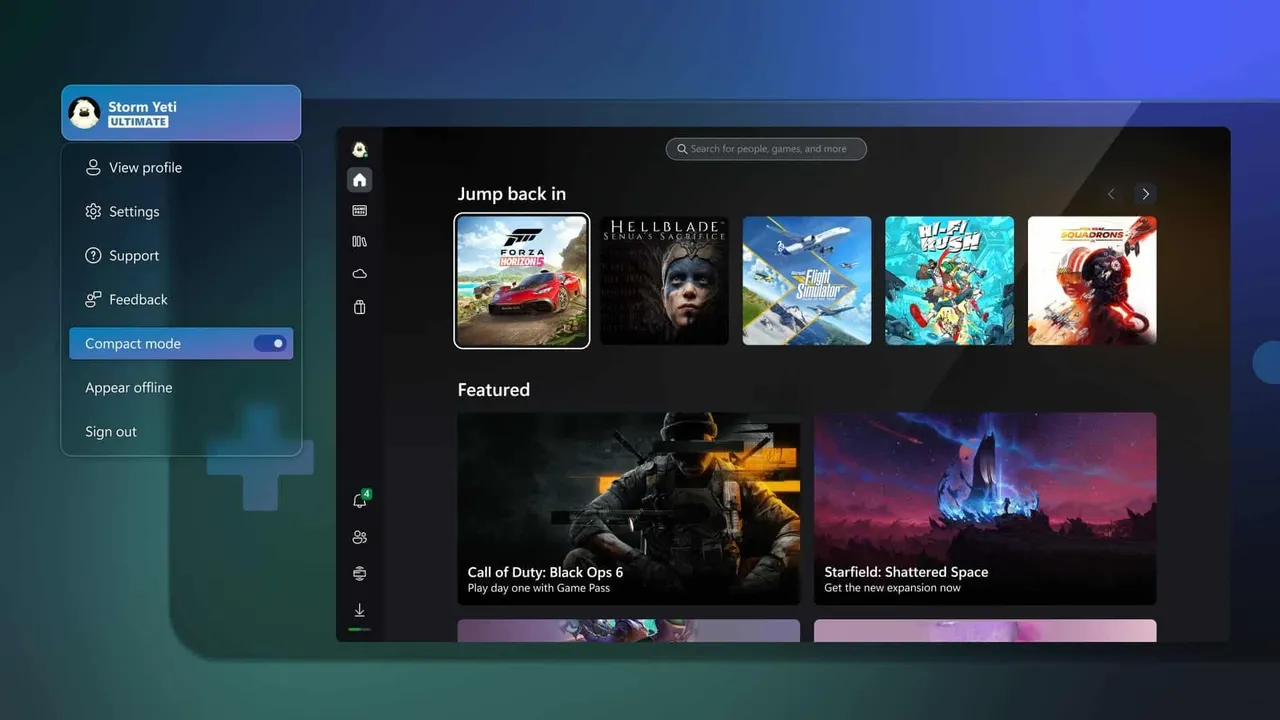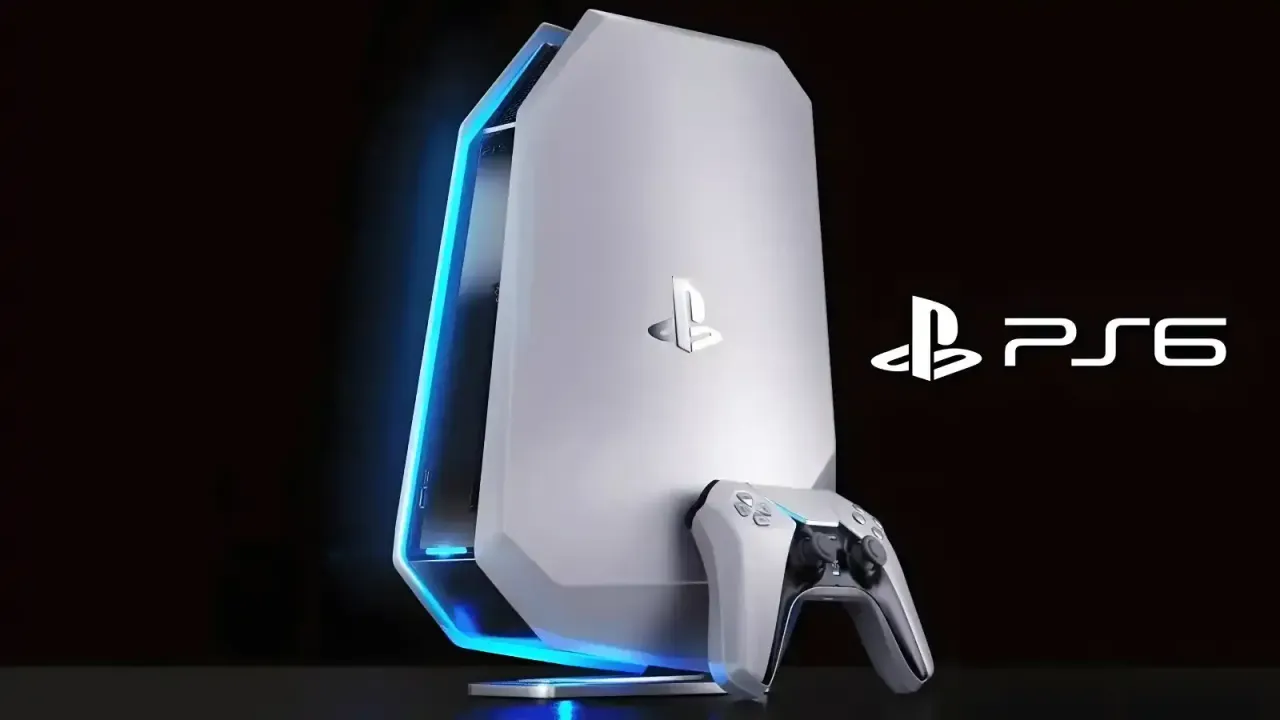for several years, the two companies are now showing off what they’ve been
building.

The new tech should deliver a big jump in graphics
quality. It will also come with better performance overall. Also, there will be a major upgrade in how the system
handles ray tracing.
A New
Era of Graphics Power
Era of Graphics Power
offer up to three times the rasterisation performance of the PS5. It will also offer as much as twelve
times the ray tracing power of the PS5.
Those claims now make more sense after
AMD and Sony shared what they have been working on behind the scenes.
AMD’s Senior VP of Computing and Graphics, Jack Huynh, sat down
with Mark Cerny, the lead architect behind the PS5 and PS5 Pro.
Together, they
explained the core technologies driving this new leap in performance and
efficiency.
Introducing
Radiance Cores
Radiance Cores
The main highlight of the announcement is AMD’s new
“Radiance Cores.” These are special chips built to manage ray tracing. The chips also manage path
tracing as scenes are rendered.
Before now, that job was handled by
both the CPU and GPU. This often slows things down. With Radiance Cores handling that heavy lifting, the CPU can focus on shapes and movement. Also, the GPU focuses on lighting and detail to make things look smoother and more
lifelike.

By moving the ray traversal logic into special hardware, AMD is freeing the CPU. The CPU will now focus on geometry and simulation. For the GPU, it can then use more resources for shading and lighting.
Cerny described this
change as providing a “significant speed boost,” noting that performance gains
also come from the Radiance Cores operating independently of the main shader
units.
Tackling
Memory Bandwidth Limits
Memory Bandwidth Limits
In addition to the new cores, AMD also unveiled “Universal
Compression.” This technology is designed to ease memory bandwidth pressure. Current
PlayStation hardware, including the PS5 and PS5 Pro, uses Delta Colour
Compression to reduce data load. But that approach mostly affects textures and
render targets.
Universal Compression goes a step further. It checks and shrinks all kinds of data before it’s sent to memory. This deeper,
system-wide compression method helps the GPU work more efficiently. It cuts down one of the biggest limits of current console design.
Looking
Ahead
Ahead
Cerny did not confirm that these tech are
just for the PS6. But he made it clear that they are coming to “a future
console” in the next few years. AMD also plans to bring Radiance Cores and
Universal Compression to its wider GPU lineup. This means that PC gamers with AMD chips will benefit as well.
